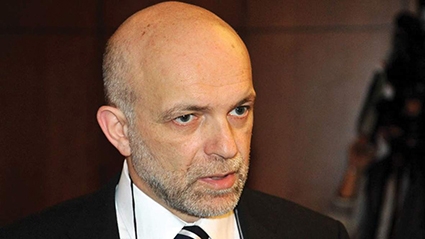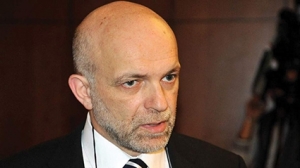What Nourishes a Thriving Democracy in Georgia?
On October 26, the Washington Post published an article concerning current events in Georgia.
The publication from the editorial board said since the 2012 election led to a peaceful transfer of power rarely seen in former Soviet Eurasia, the Caucasian nation of Georgia has skirted the edges of democratic norms.
“A new government led by a populist billionaire tried to prosecute the election losers, including former president Mikheil Saakashvili, and suppress critics in the media and civil society, but it was often restrained by pressure from Western governments, including the European Union, with which Georgia completed an association agreement last year,” the article stated.
The publication, reviewing the ongoing situation in Georgia put emphasis on Georgian Dream’s “sinking popularity” and the new election due in a year, saying “the ruling Georgian Dream party and its leader, Bidzina Ivanishvili, appear inclined to take more drastic steps.”
“A businessman aligned with the party is seeking to seize the country’s most popular television station, which often airs opposition views, and has succeeded in winning a court order to freeze its assets. A decision on the takeover bid is expected this week.”
The article reviews the process around Rustavi 2 TV station and Georgian Dream’s ‘plummeting popularity in the country.’
In response to the article, Georgia’s ambassador to the United States, Archil Gegeshidze, sent a letter to The Washington Post’s editorial board entitled “Democracy and media pluralism thrive in Georgia.”
In the letter, Gegeshidze says the article mischaracterized the state of democracy in Georgia.
“Since the current government came to power in 2012, Georgia has been making significant progress in improving the independence of the judiciary, media pluralism and basic human rights. On all accounts, Georgia is freer and more democratic than ever. The 2015 World Press Freedom Index of Reporters Without Borders ranks Georgia 69th among 180 countries, up 35 places since 2012,” Gegeshidze writes.
According to Gegeshidze, the recently released World Bank Worldwide Governance Indicators report underscores our progress. “Since 2012, Georgia jumped 16 places in accountability, 19 places in rule of law, 22 places in political stability and government effectiveness and 23 places in control of corruption.”
“The dispute over the ownership of news station Rustavi 2 takes place against a backdrop of an unfortunate legacy. The case is rooted in the past, when arbitrary seizure of property and intimidation were part of everyday life in Georgia. The only way to settle this is through an honest and transparent legal process, with maximum attention from willing international arbiters,” Gegeshidze writes.
The letter concluded by saying, “No matter how the courts decide, democracy and a competitive media environment will continue to thrive in Georgia.”
Zviad Adzinbaia












